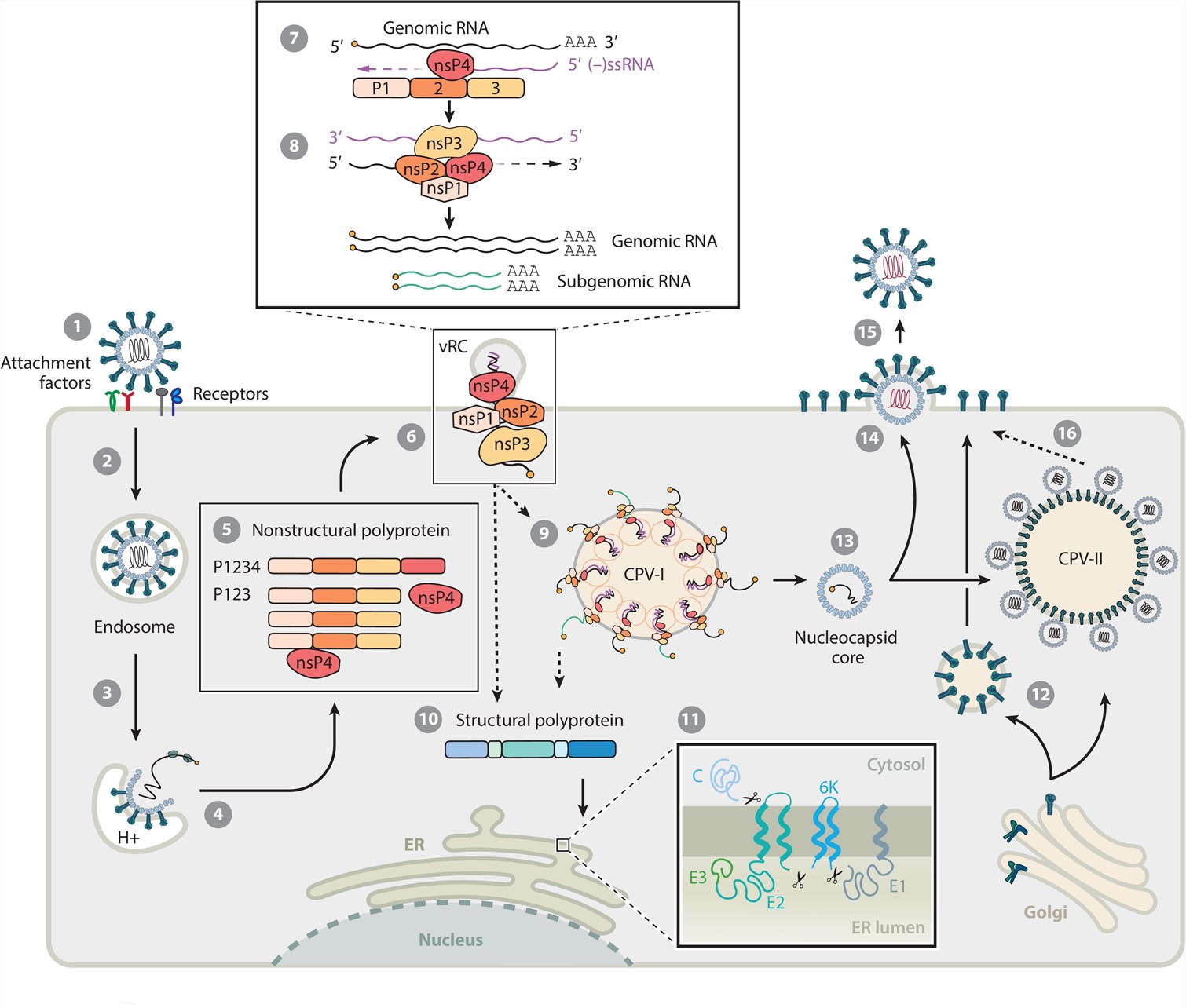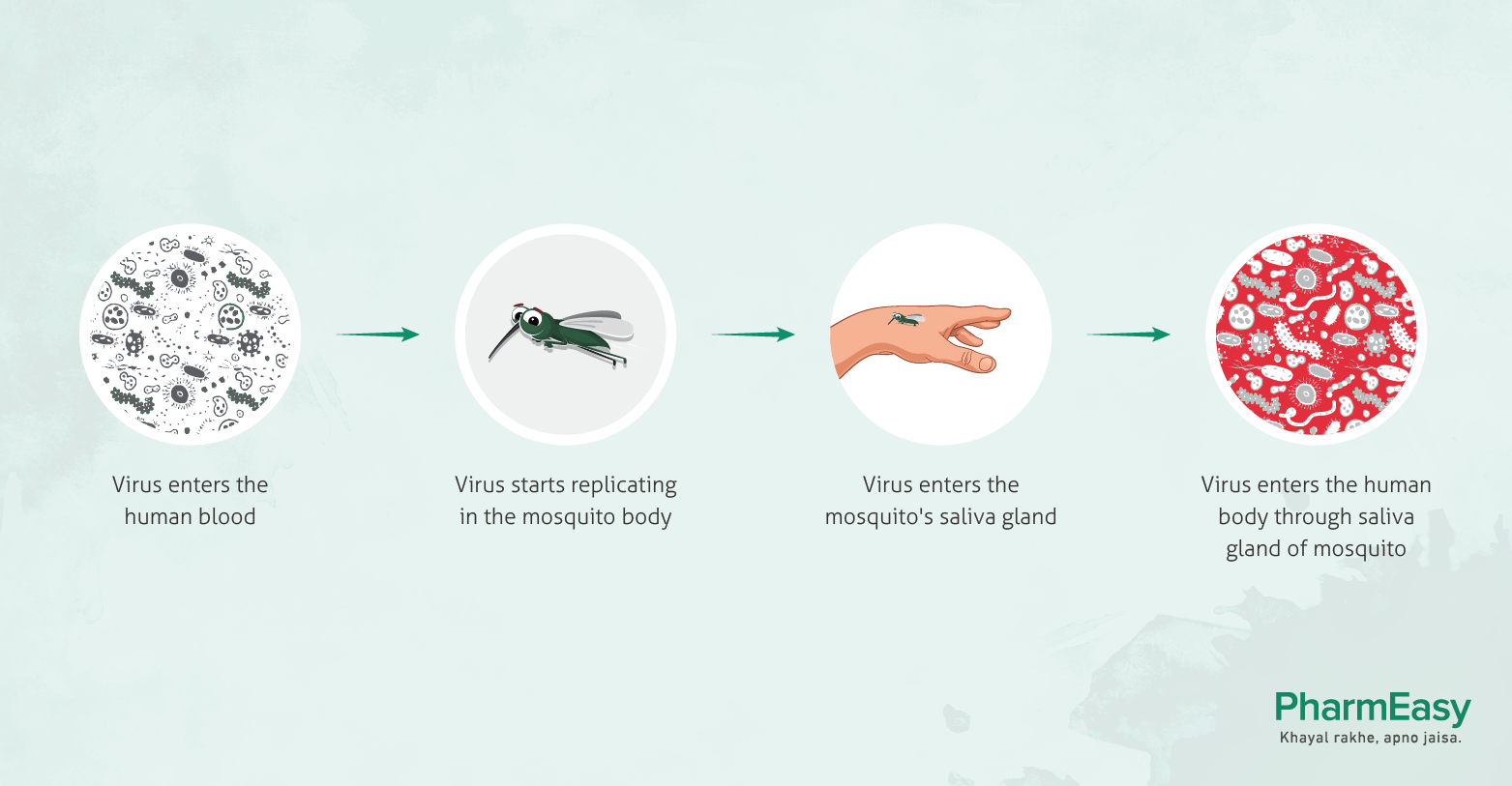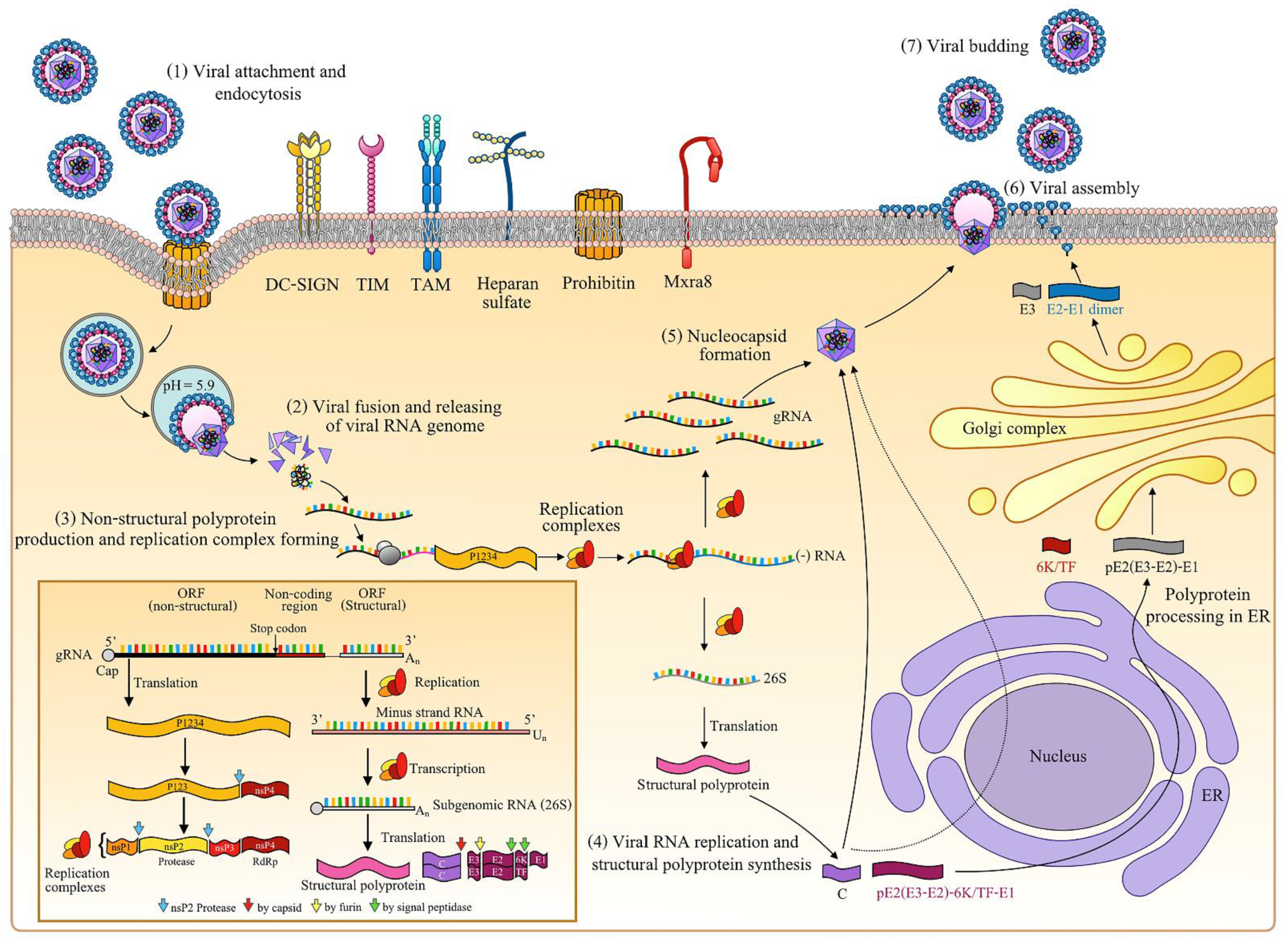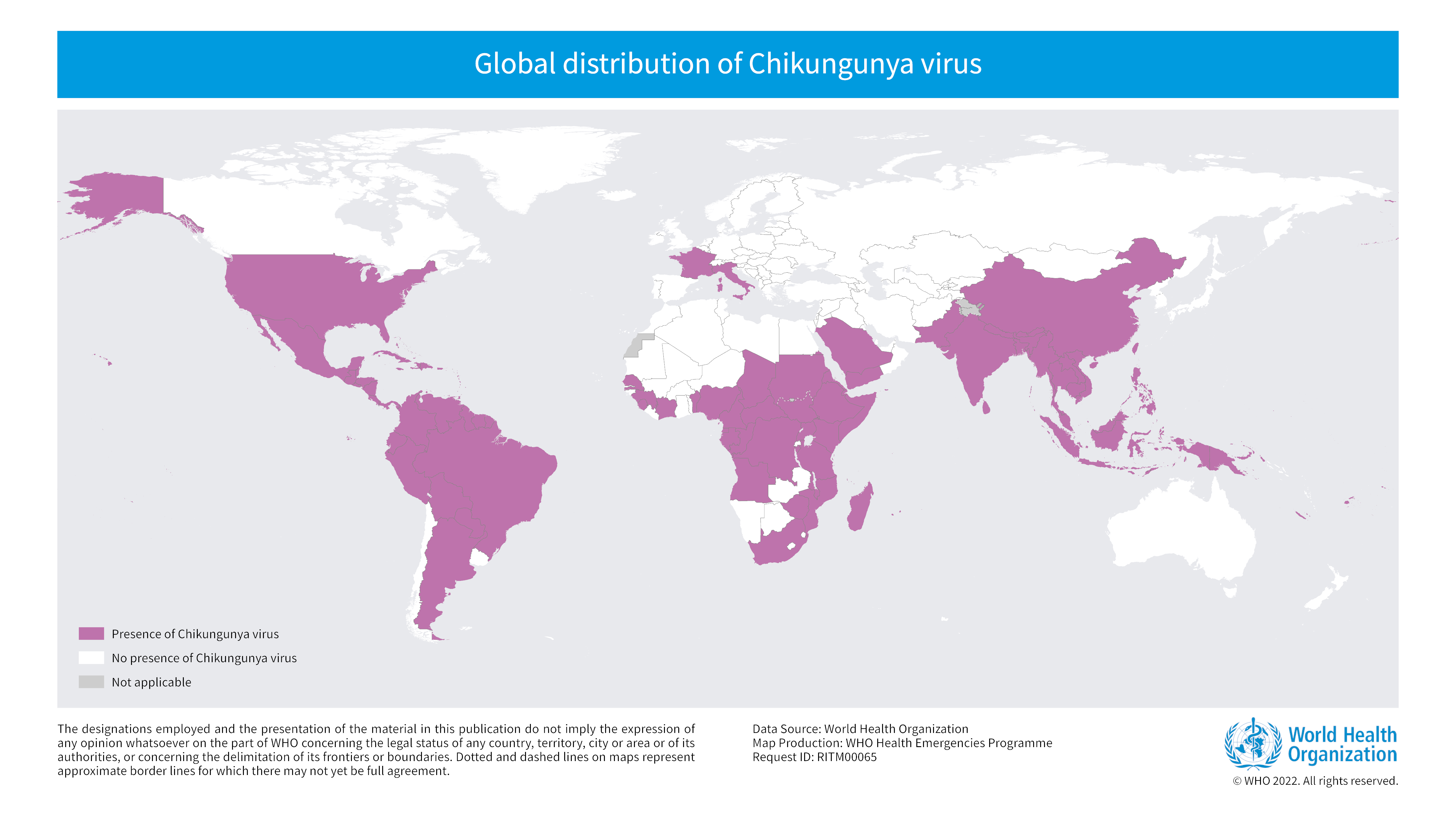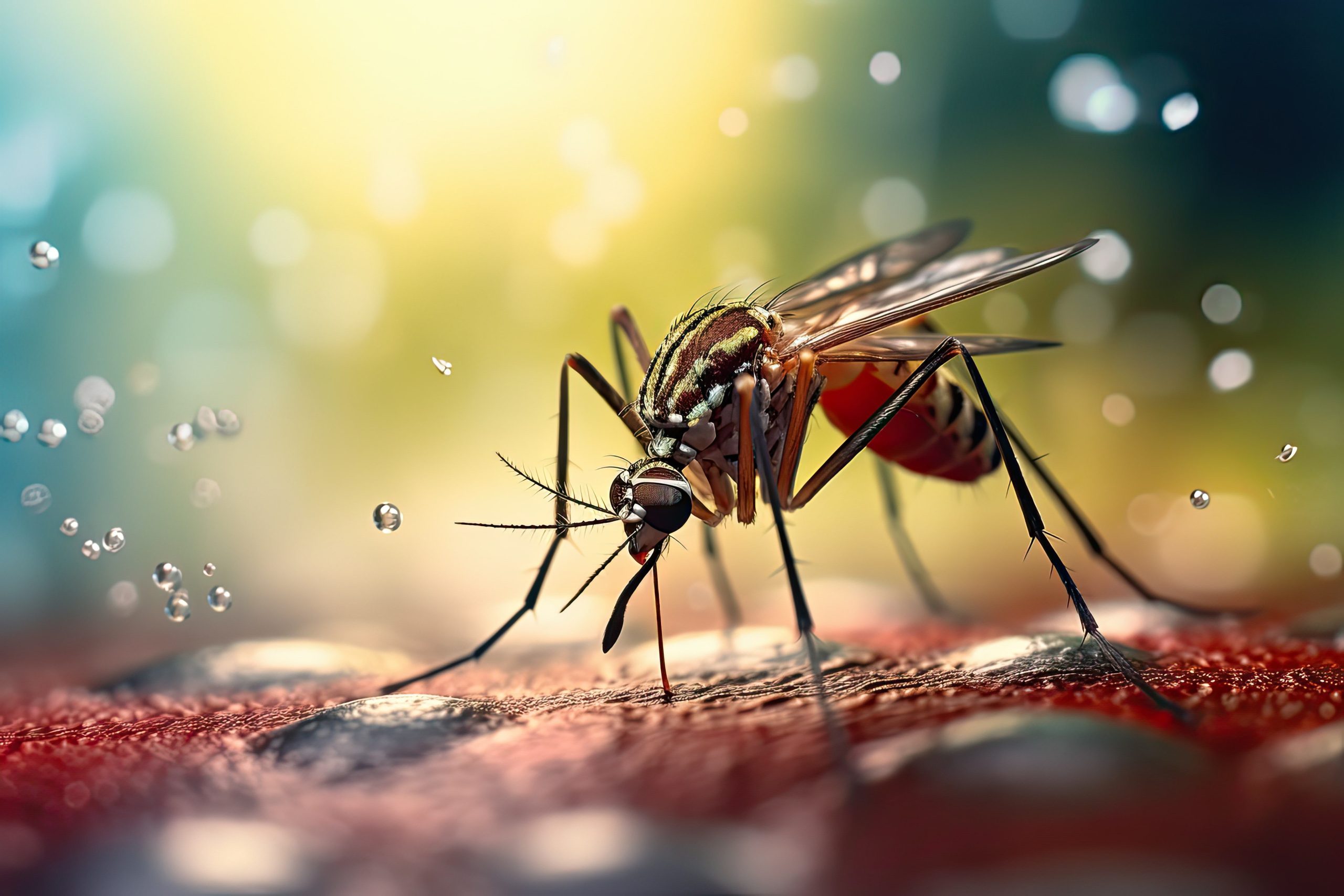
Key facts
- Chikungunya infection is caused by a virus that spreads by mosquito bites from infected mosquitos.
- Chikungunya virus occurs most commonly in Africa, Asia and the West Pacific.
- Most cases in Australia occur in people returning from overseas.
- You should take precautions to prevent mosquito bites to reduce your chances of infection with chikungunya and other mosquito-borne diseases.
What is chikungunya infection?
Chikungunya infection is caused by a virus. You can catch it if you are bitten by an infected mosquito (a “mozzie”). The female Aedes mosquito spreads chikungunya, as well as the viruses that cause dengue fever, yellow fever and Zika virus. The mosquito becomes infected when it bites someone who is ill with chikungunya. It can then pass it on to other people a few days later.
Where might I get infected?
The most likely way for Australians to become infected with the chikungunya virus is during overseas travel. Australians who become infected have often been bitten in Indonesia, particularly Bali. The virus is also found in Africa, Asia and the Western Pacific. If you’re travelling to these areas you should take steps to avoid mosquito bites.
Outbreaks of chikungunya virus infection have also become more frequent in some Indian Ocean and Pacific Island nations, such as Papua New Guinea. There have been cases in other areas such as Italy and the Caribbean. Mosquitoes in Australia are not thought to be infected with chikungunya virus, though Aedes mosquitoes are found in northern Queensland, the Torres Strait Islands and some parts of central and southern Queensland.
What are the symptoms of chikungunya?
Symptoms usually appear 3 to 7 days after you are bitten by an infected mosquito. Sometimes symptoms can take as long as 12 days to develop.
The most common symptoms are joint pain and fever. Other symptoms may include:
- muscle pain
- headache
- a rash on your body (torso) and limbs, lasting for a week or more
- nausea
- fatigue
Am I at risk of severe disease?
Most people who are infected with the chikungunya virus feel unwell for a couple of weeks and then get better without treatment.
You’re at risk of more serious disease if you’re aged over 65 years, or if you have high blood pressure, diabetes or heart disease. Newborn babies are also at risk of more serious illness.
How is chikungunya diagnosed and treated?
If you become unwell and have a high fever after travelling to a tropical destination, see your doctor. They will examine you and may order a blood test to confirm whether you have chikungunya. Sometimes people with chikungunya are misdiagnosed as having another mosquito-borne illness, such as dengue fever, Ross River virus or Barmah Forest virus.
There is no specific treatment for chikungunya. You can take pain medicines to help with joint pain. You should avoid aspirin and other non-steroidal anti-inflammatory medicines until dengue fever has been excluded, as chikungunya and dengue fever have similar symptoms. (These medicines increase the risk of bleeding in the case of dengue fever). If you have chikungunya virus, it is important to avoid being bitten by a mosquito for the first week of your illness. This is because you could infect the mosquito, which will then spread the virus to other people.
How can I prevent chikungunya?
There is no vaccine to prevent chikungunya. The only way to prevent infection is to avoid being bitten by mosquitoes. You can reduce you chance of mosquito bites by:
- closing windows and using insecticide sprays indoors
- wearing light-coloured, long-sleeved shirts and long trousers
- using an insect repellent containing DEET (diethyl toluamide) or picaridin — ask your pharmacist for advice
- using mosquito nets or screens
- if possible, making sure there is no stagnant water around, such as may be found in discarded containers, fallen palm fronds or gutters
If someone in your community gets chikungunya, the mosquitoes around you could also be infected. Make sure you remove anything in which stagnant water could gather, such as tins or other containers, since mosquitoes could breed there. Also, ensure everyone in your household uses insect repellent regularly.

